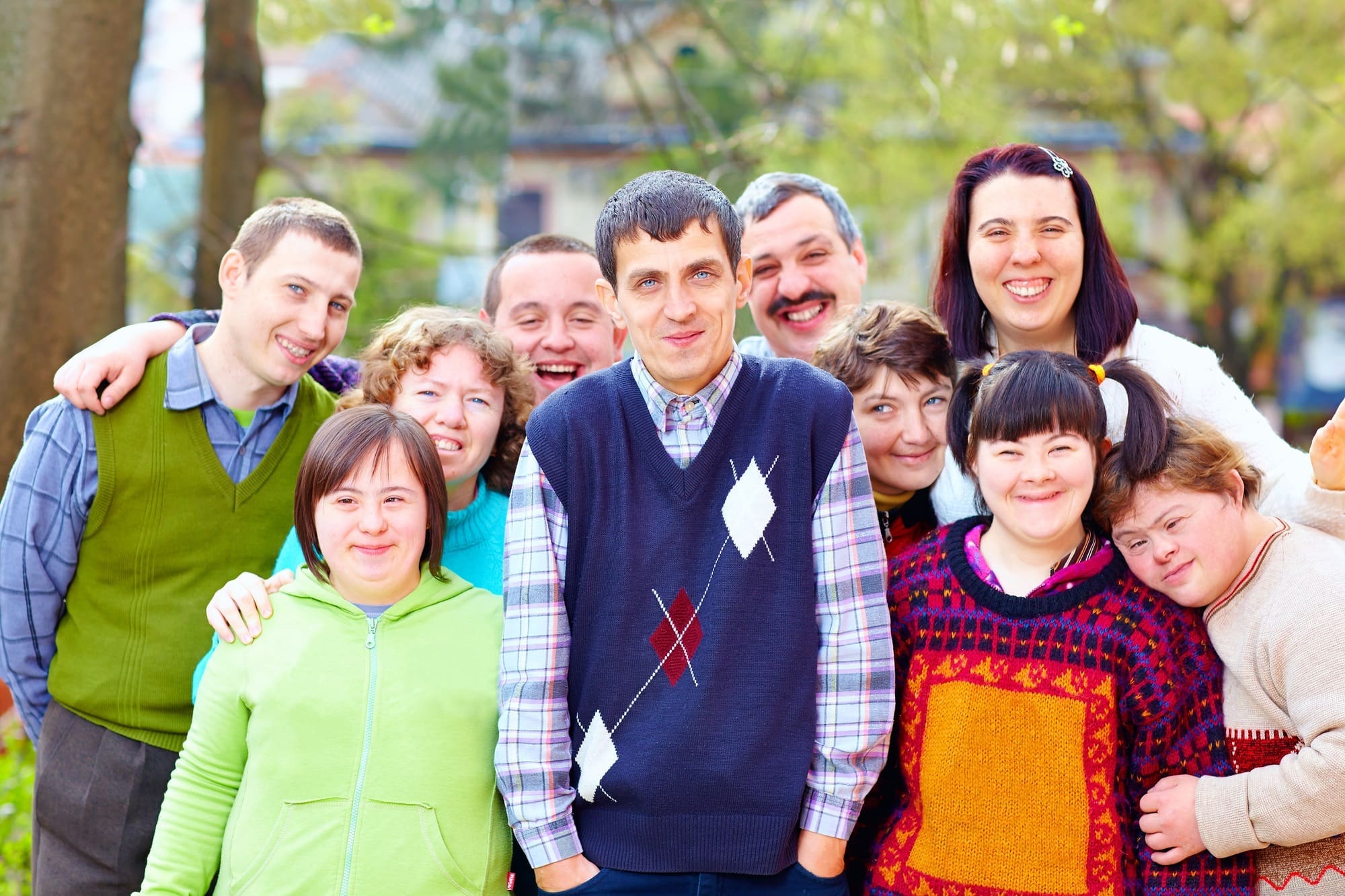The UC Davis MIND Institute remains a leader in advancing knowledge and research on the compassionate care of people with autism. With its longstanding Distinguished Lecturer Series, the institute plays a critical role in convening top experts in neuroscience, psychiatry, and autism research to share leading-edge knowledge, accelerate breakthroughs, and forge stronger ties among scientists,
In line with Disability Pride Month, Sacramento State University has embarked on a groundbreaking journey by unveiling an innovative Disability Cultural Center in July 2023. This life-altering project aims to give students with disabilities access to a safe, welcoming, and forward-thinking environment where they can study, find emotional support, and participate in a thriving community.
We will discuss this center’s innovative role in changing the face of higher education to be even more welcoming to people of all backgrounds.
A Home for All
The Disability Cultural Center at Sacramento State aspires to be more than a physical location; it represents a sanctuary for students with disabilities. Mary Lee Vance, the director of the university’s Disability Access Center, emphasizes the importance of creating an environment where students can find a sense of belonging by forging connections with peers. Vance emphasizes it’s a place “where they won’t feel lonely or awkward.”
The university has a long-established history of providing academic accommodations for students with disabilities, yet the Disability Cultural Center transcends the realm of academics. It is a space where students can unwind, delve into the history and rights of the disability community, and develop their own role in society.
The center offers students an opportunity to relax and participate in diverse activities, including counseling and workshops, with the ultimate goal of empowering students to achieve their academic, recreational, and personal aspirations.
Inclusivity, One Step at a Time
Sacramento State’s Disability Cultural Center is a pioneering venture within the California State University (CSU) system, making it the first of its kind. Nationwide, a mere 18 comparable centers are known to exist on college campuses, as reported by the Association on Higher Education and Disability. The University of Illinois Chicago is closely monitoring efforts to establish more of these centers throughout the United States, with at least a dozen new centers scheduled to launch in the coming year.
This groundbreaking center is pivotal in a broader drive to foster greater campus inclusivity. It transcends discussions of mere diversity and antiracism. As Dr. Vance explains, “To include disability within the discussions of antiracism, we have to also include antiableism.” Recognizing disability as an identity is imperative for effective advocacy and dismantling the physical barriers that students may encounter. Understanding people entails taking a holistic view of individuals.
The Significance of Community
For students with disabilities, the Disability Cultural Center provides much more than just a quiet place to get some work done. The center boasts an Assistive Technology Lab, providing a wide selection of assistive technology tools, such as text-to-speech and speech-to-text software, screen readers, speech recognition software, and more. These tools empower students to access educational materials with enhanced efficiency.
Careful planning went into the creation of the center’s Social Space, which serves as a gathering place for students – where they can study, socialize, and relish board games chosen with inclusivity in mind. The center also hosts classes on various topics and serves as the primary hub for the Disabled and Non-Disabled Alliance (DANA) social club.
The center’s Sensory Room stands out because of the sensitivity with which it was designed to meet the needs of neurodiverse students. Equipped with adjustable lighting, soothing colors, comfortable seating, and sensory tools, it provides a calming haven where students can decompress and unwind.
Looking Toward the Future
The Disability Cultural Center at Sacramento State has already made a significant difference by giving students with disabilities a place to find their voice. Shannon Brown, a student and office manager at the Disability Access Center, underscores how the center is reshaping perceptions. “We feel that having this space is opening doorways for our disabled community, communities across the country.”
As more universities recognize the significance of disability culture, one can anticipate the emergence of similar centers nationwide. In California, Stanford and UC Berkeley have also established their disability cultural centers, and this trend is swiftly spreading to campuses across the country.
Sacramento State University’s pioneering Disability Cultural Center signifies a noteworthy stride towards establishing a fully inclusive campus, where initiatives like Sacramento ABA Therapy are at the forefront of creating a supportive environment for students of all abilities. Contact us today.

